Nature/Nurture (Forum for Philosophy)
Nature/Nurture (Forum for Philosophy)
Scientists agree that nature and nurture are essential ingredients in human development. But if both the blank slate and genetic determinism have been rejected, why do researchers still disagree and what is it that they disagree about? Join us as we’ll explore the issues at stake, taking a wide variety of perspectives, from the […]


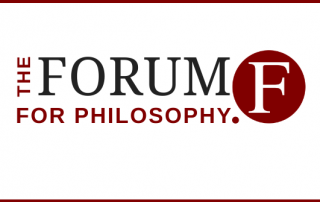
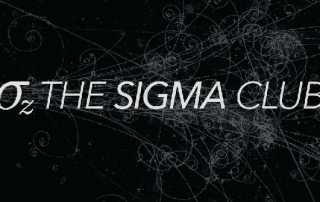
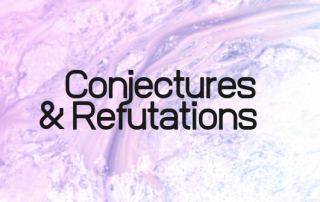
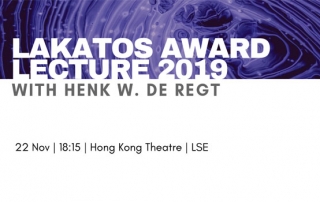

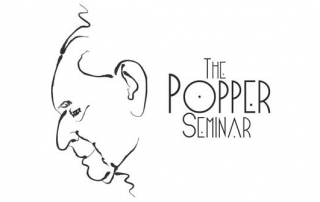
Connect with us
Facebook
Twitter
Youtube
Flickr